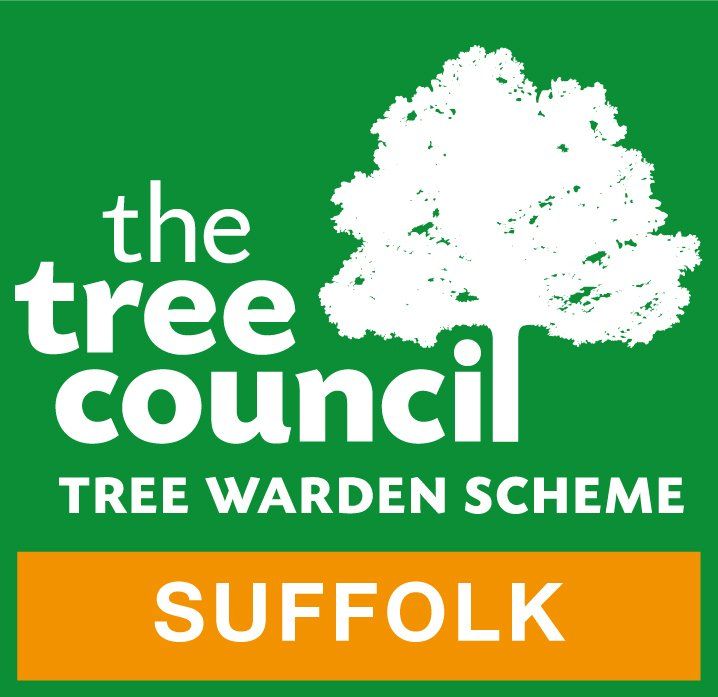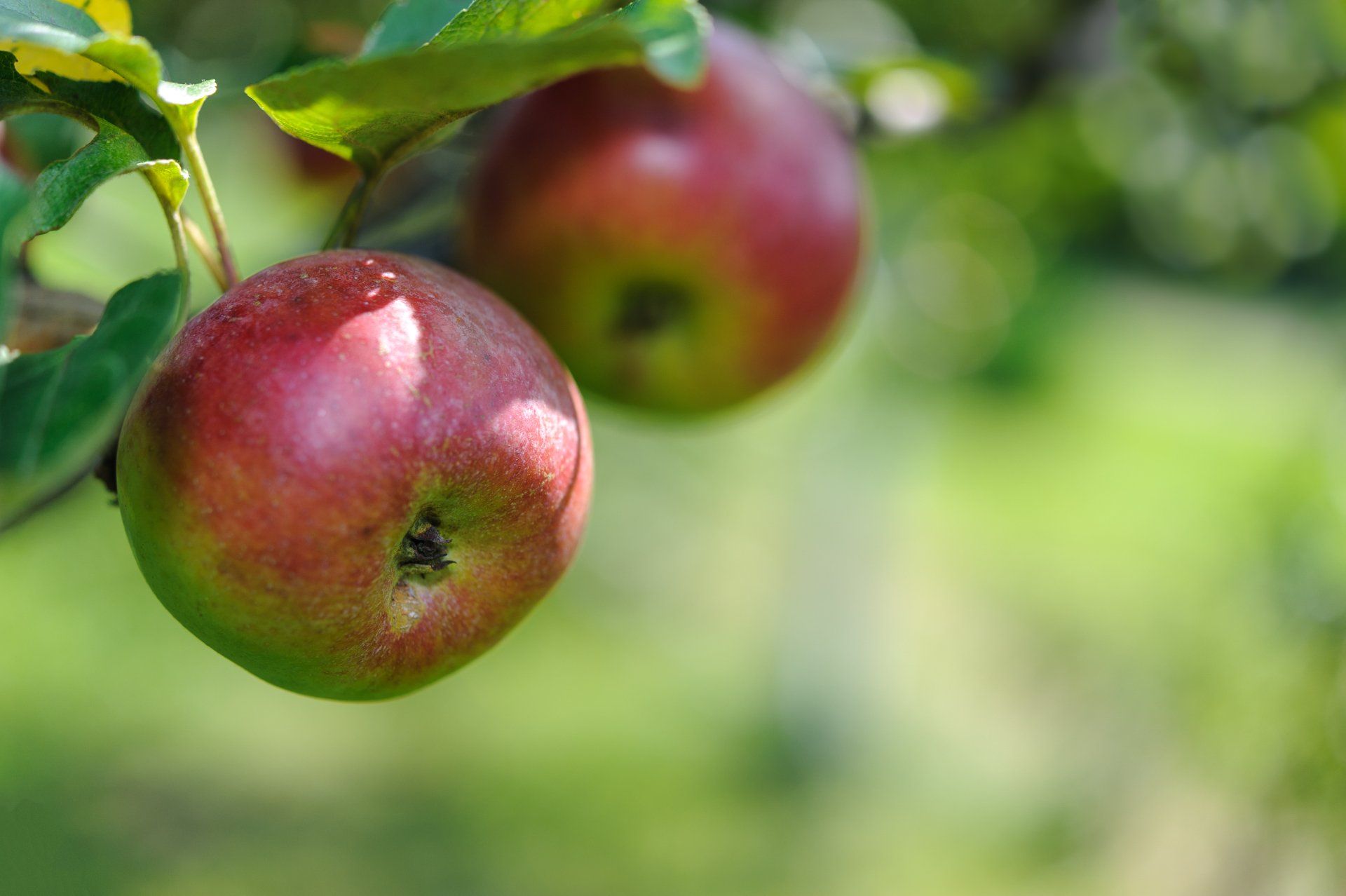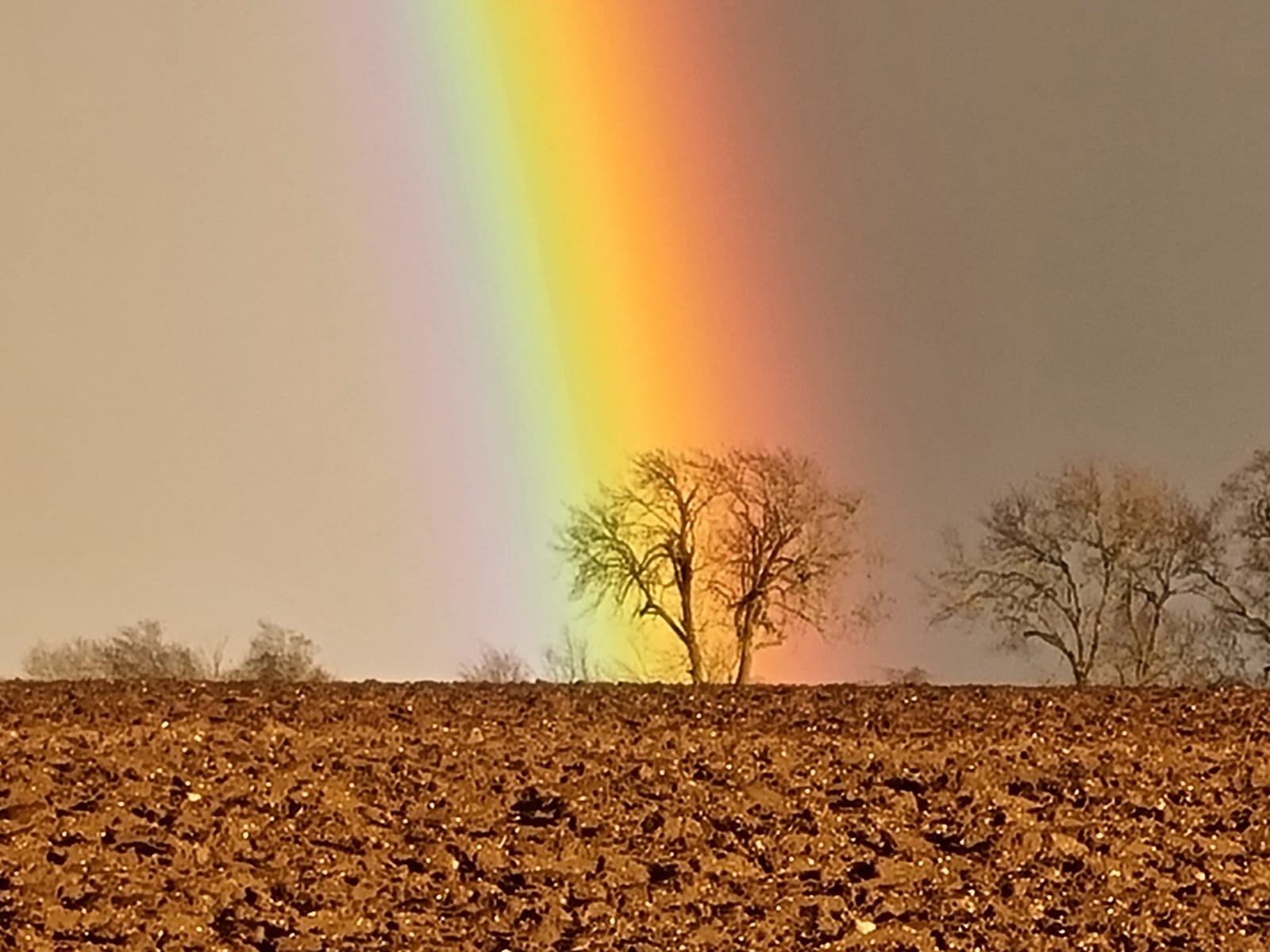34 St Marys Road
Stowmarket
Suffolk IP14 1LP
Contact
Phone: 07900 982 022
E-Mail: coordinator@suffolktreewardens.org.uk
|
|
About
Community tree nursery
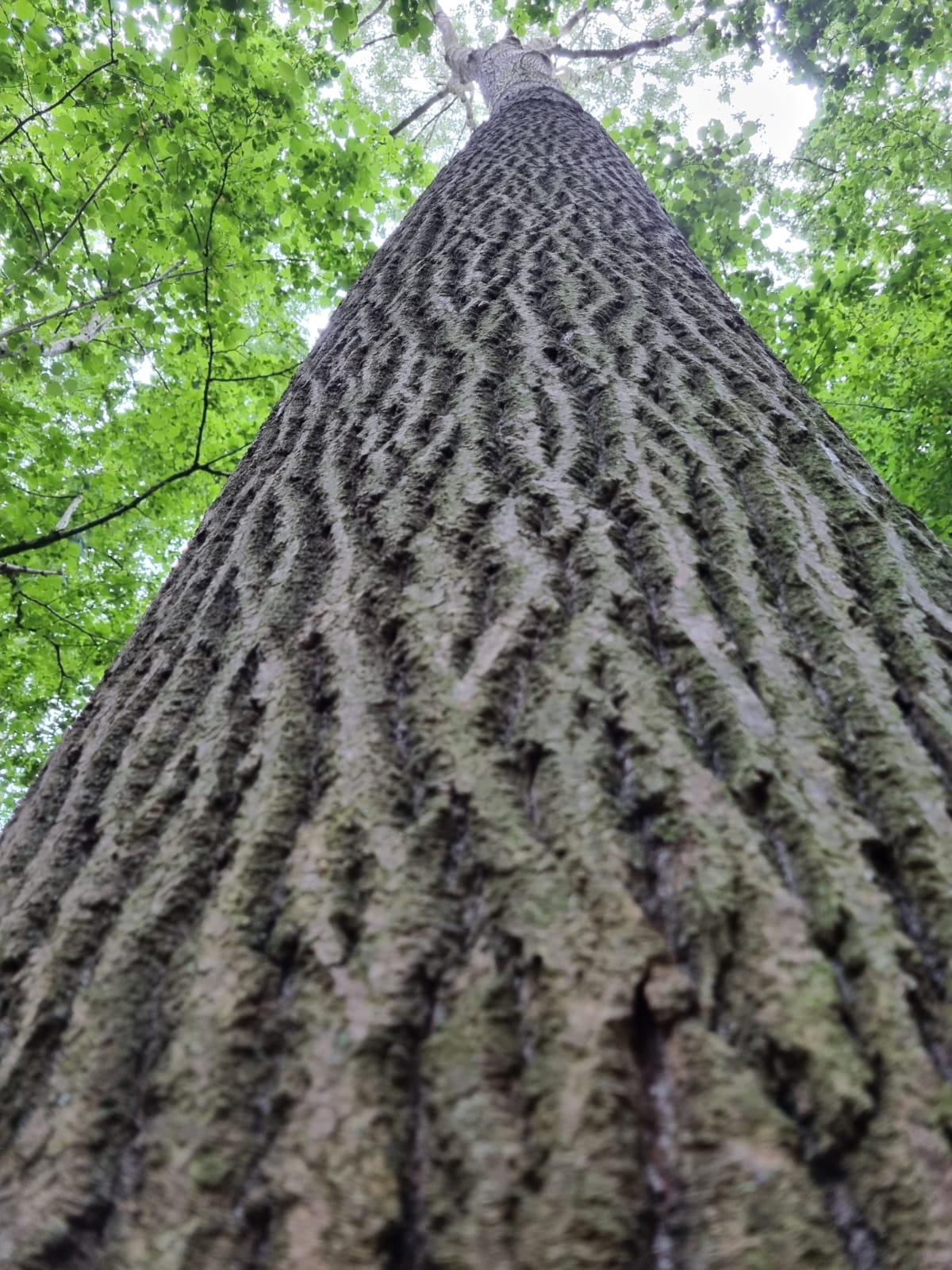
THE SUFFOLK TREE WARDEN NETWORK
Suffolk Seed, Suffolk Sown, Suffolk Grown
The Suffolk Tree Warden Network is proud to be running a countywide network of Tree Nurseries (TN). This is possible thanks to the generosity of Suffolk County Council via their 2020 Fund and the wonderful work of our Tree Nurse volunteers. There are two Community Tree Nurseries in Debenham and Eye allowing those without their own growing space to get involved and come together with other keen Tree Nurses. The Tree Nursery at the Red Gables Wellbeing Hub in Stowmarket helps a wide range of community groups to connect with nature by sowing, potting on and planting Tree Nursery trees.
Larger nursery beds have been created on farms and in public gardens and schools. The larger growing projects can benefit from sowing seed en masse in Harry Beds™. These up-cycled IBCs have been repurposed by young entrepreneur Harry Daly and trialled with great success in larger agroforestry projects that have supplied planting schemes with STWN Tree Nursery trees. Small is also beautiful and some Tree Nurses have simply turned over part of their back gardens to create thriving Tree Nurseries.
The Tree Nursery group is a supportive space. We hold regular on-line meetings, invite external experts to participate and share our own evolving ideas and experience via a WhatsApp group. Help is always available and budding Tree Nurses can be supplied with everything they need to get started – modular trays, pots, specialist peat free compost, shade netting, protective mesh, even seeds if you cannot collect your own.
We grow a wide range of indigenous and naturalised species: oak, lime, hawthorn, hazel, horse chestnut, sweet chestnut, dogwood, crab apple, and many others. Using local seeds collected from strong parent trees conserves the genetic resources of trees that have already demonstrated longevity and good health over their lifetime. It is a unique way of preserving Suffolk’s living heritage for future generations of people and the wildlife trees support.
All our STWN TN trees are available, free of charge, for Tree Wardens to incorporate into planting projects across Suffolk.
Are you a Tree Warden interested in starting your own Tree Nursery? To find out what is available to support your project, please contact Fe Morris for help and advice on planting and aftercare. After care is crucial as our trees face the stresses of climate change and frequent extreme weather events. At STWN we care and conserve.
Heritage
Orchard Trees
THE SUFFOLK TREE WARDEN NETWORk
We are developing a project to produce traditional fruit trees – apples, pears, plums – by grafting and chip budding. We are delighted to work with Tree Warden and Suffolk Traditional Orchard group expert Paul Read. This is an exciting project in its early stages – if you are interested in finding out more please contact Fe Morris.
We are very keen to see traditional fruit trees, whether apple, pears or plums, become more commonplace in Suffolk’s gardens, orchards and hedgerows. Apple trees, with their open bowl-like flowers are excellent sources for pollinators like bumblebees and any fallen fruit is a boon for birds and mammals. Plums help serve up ready-meal for butterflies and moths and again the fruit is a magnet for birds and mammals.
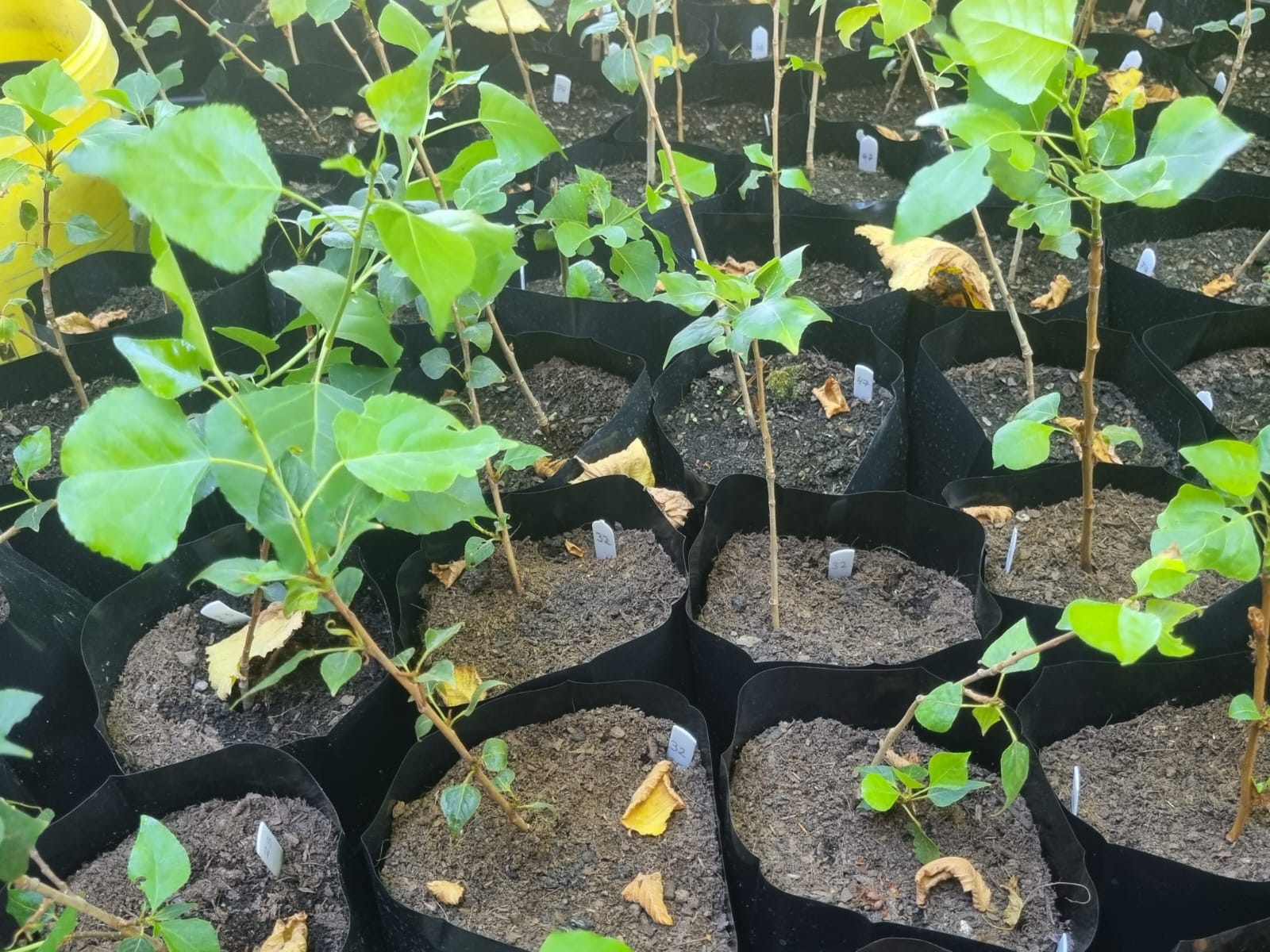
THE SUFFOLK TREE WARDEN NETWORK
Native Black Poplars:
a Suffolk Priority Species
We are very proud to be cooperating with staff at the Dedham Vale AONB and at Nowton Park to help manage their Native Black Poplar (NBP) clone banks and use the trees grown there as the basis for Suffolk's Native Black Poplar Nursery. The NBP Nursery has been established at Newton Park using cuttings from trees that have been genetically tested to make sure they have not hybridised with other poplars and to determine their sex. Native Black Poplars have separate male and female trees. This careful work will enable us to supply Tree Wardens and landowners with true (non-hybridised) Native Black Poplars for their new plantings.
Formerly planted in damp hedgerows as standard timber trees, Native Black Poplars also lined the meandering rivers and their natural floodplains. They were once common and ordinary enough in the East Anglian landscape to feature in the waterside treescape of John Constable’s famous painting The Haywain.
We are also working to survey all existing Native Black Poplars recorded in the Suffolk Biodiversity Information Service (SBIS) database alongside the County Recorder for NBPs, as well as searching for as-yet unrecorded trees to enable us to DNA test, sex and record these magnificent trees.
We are always looking for new planting sites (preferably wetland), so please get in touch if you know of any. We are also cooperating with Native Black Poplar projects in Norfolk, Essex and Cambridgeshire. This will allow us to enlarge the genetic diversity of the East Anglian Native Black Poplar population and increase the geographical spread of this lovely tree, traditionally known in Suffolk as the cotton-tree.
For further information, please contact David Appleton and see the Suffolk BIS Summer 2023 newsletter for an update on the project.
Our Future is
in our Trees
THE SUFFOLK TREE WARDEN NETWORk
Growing trees gives individuals the chance to connect with nature, engage directly in efforts to reduce emissions, combat climate change, counter biodiversity loss and make the most of the trees we already cherish planting their seeds. It helps people and the planet.
If you would like to know more, become a Tree Nurse, set up a Community Tree Nursery at your school or workplace or help support these great initiatives for Suffolk’s biodiversity, please contact Fe Morris.
THE SUFFOLK TREE WARDEN NETWORK
Address:
34 St Marys Road
Stowmarket
Suffolk IP14 1LP
Charity number 1205573
Phone: 07900 982 022
E-Mail: coordinator@suffolktreewardens.org.uk
